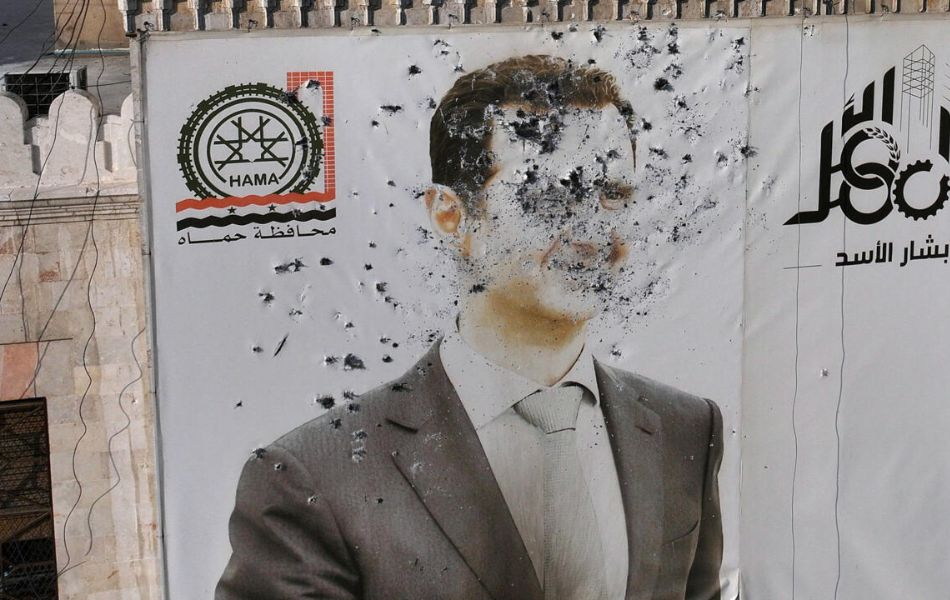
Geneva - SAM Organization for Rights and Liberties stated in a press release that the victory of the Syrian revolution after thirteen years of struggle represents a historic moment in the journey towards democracy, freedom, and accountability in Syrian history. It emphasized that the end of an era of oppression and tyranny should lay the groundwork for a new phase that requires cooperation to confront the long legacy of crimes and violations left by the Assad regime. The organization stressed the necessity for international support for the popular will and standing alongside victims in achieving accountability.
SAM affirmed that ending the policy of impunity and achieving justice for victims must be at the forefront of priorities for both the new authority and the international community in the upcoming phase. It indicated that the years of suffering experienced by Syrians behind bars or in exile cannot be overlooked without holding criminals accountable and providing justice for victims whose lives were lost and dreams burned in the crucible of tyranny.
The organization quoted Syrian criminal law expert Moatasem Al-Kilani, who stated: "Today, we cannot talk about achieving sustainable peace that paves the way for building a new social contract in Syria without achieving comprehensive justice. Partial justice or the absence of full accountability for war criminals and perpetrators of crimes against humanity will not establish any stability. Through accountability and justice for victims, we can enshrine the principle of transitional justice, which is a cornerstone for building long-term peace in Syria. This peace must be based on completely excluding all individuals involved in committing serious crimes from the Syrian political scene." Al-Kilani added that the international community is required to support accountability efforts in Syria, noting positive signs indicating tangible support for achieving justice and accountability, which enhances prospects for sustainable solutions.
SAM noted that the fall of the Syrian regime on December 8 revealed the extent of horrific crimes committed by it, ranging from arbitrary detention and enforced disappearance to systematic torture and forced displacement. The organization documented shocking footage from inside detention centers showing survivors who spent decades in inhumane conditions, unaware that the world outside prison walls had changed; some did not even know that Hafez al-Assad, who ordered their detention, had died years ago, and that his son Bashar continued his oppressive legacy. Some survivors even believed they were freed by Saddam Hussein, highlighting the painful duration of their isolation and mistreatment.
International humanitarian law expert Omar Abdullah Al-Kurosh reported that factions of the Syrian army and military police practiced arbitrary arrest and detention, enforced disappearance, torture, and other forms of ill-treatment, subjecting dozens to unfair military trials under conditions of impunity. Syrian women detainees faced sexual violence, including rape, while infants as young as six months were held with their mothers. He added that accountability for serious human rights violations and war crimes committed by high-ranking individuals in the former government is still possible, calling on the international community to prosecute all those involved according to international criminal law.
SAM Organization emphasizes that crimes committed in Syria are classified under international law and the Rome Statute as crimes against humanity, necessitating accountability for their perpetrators and preventing impunity. The organization notes that impunity not only constitutes injustice for victims but also threatens any chance of achieving sustainable peace in Syria, leaving the door open for past tragedies to recur.
The organization underscores the importance of achieving criminal justice as the only means to provide redress for victims and ensure these crimes are not repeated. It calls for serious steps to document crimes committed by the Syrian regime and preserve the memory of this dark chapter in history. It highlights that tracing embezzled funds abroad and recovering them—ensuring they are used to support victims and rebuild what was destroyed by war—is an essential part of reparation efforts.